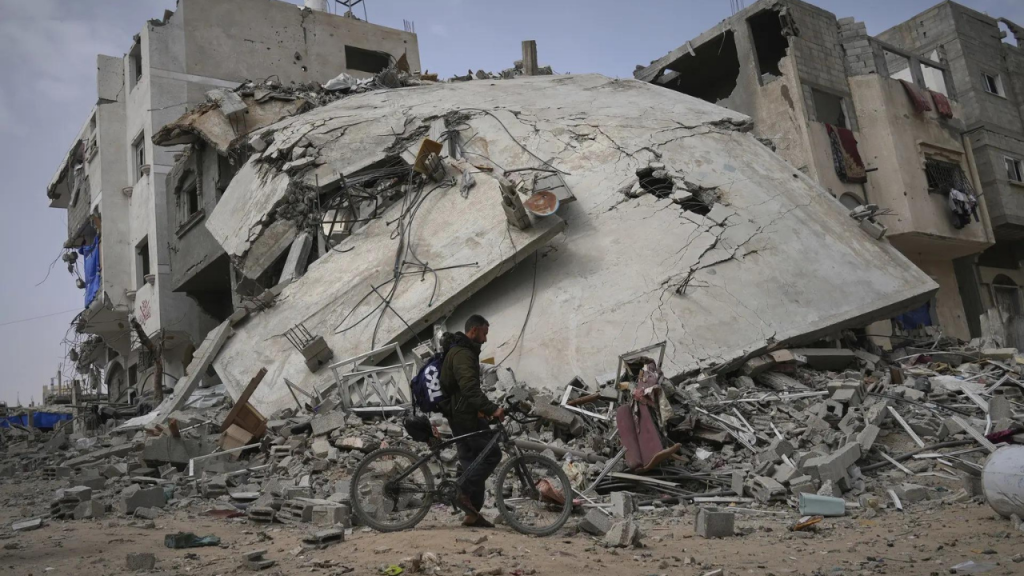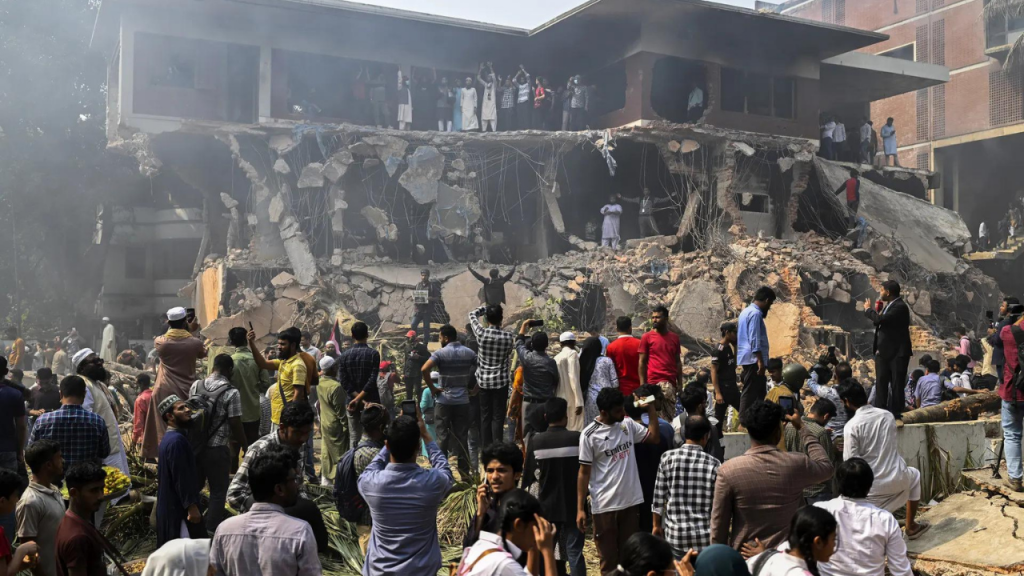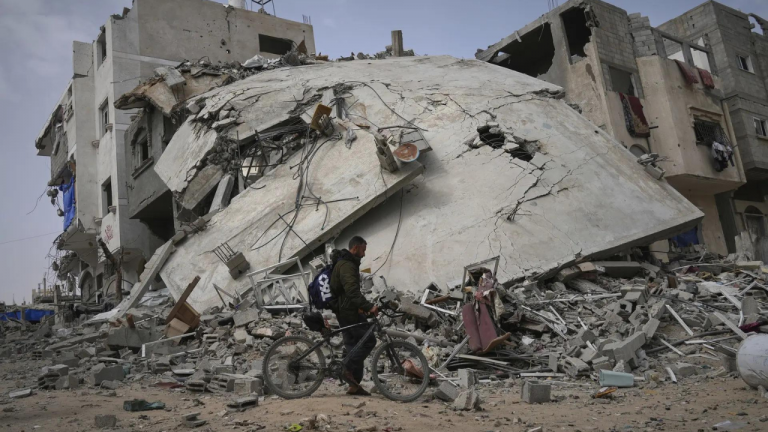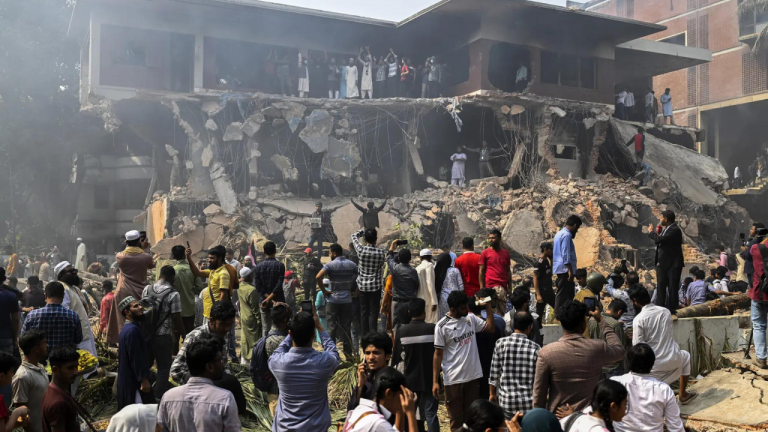After the fall of the Soviet Union, Ukraine inherited a significant nuclear stockpile but relinquished them due to financial burdens and geopolitical risks. The 1994 Budapest Memorandum promised security guarantees, which proved unreliable when Russia annexed Crimea and supported separatists in Ukraine. The ongoing Russia-Ukraine conflict highlights the vulnerabilities of Ukrainian security without nuclear deterrence. This raises questions about the effectiveness of international agreements in ensuring national security. The consequences of Ukraine’s decision to denuclearize continue to reverberate, with calls for reassessing the country’s security strategy. The global community closely watches the developments in the region, especially given the implications for international security and stability. Ukraine’s predicament serves as a cautionary tale for other nations possessing nuclear capabilities. As geopolitical tensions persist, the need for robust security measures remains paramount. The delicate balance of power in the region underscores the complexities of modern warfare and the challenges of maintaining sovereignty. In the face of evolving threats, Ukraine navigates a precarious path towards safeguarding its territorial integrity. The international community grapples with the implications of Ukraine’s vulnerability and the broader implications for global security. The discourse on nuclear disarmament and security alliances takes center stage as Ukraine confronts its security challenges amidst geopolitical uncertainties.
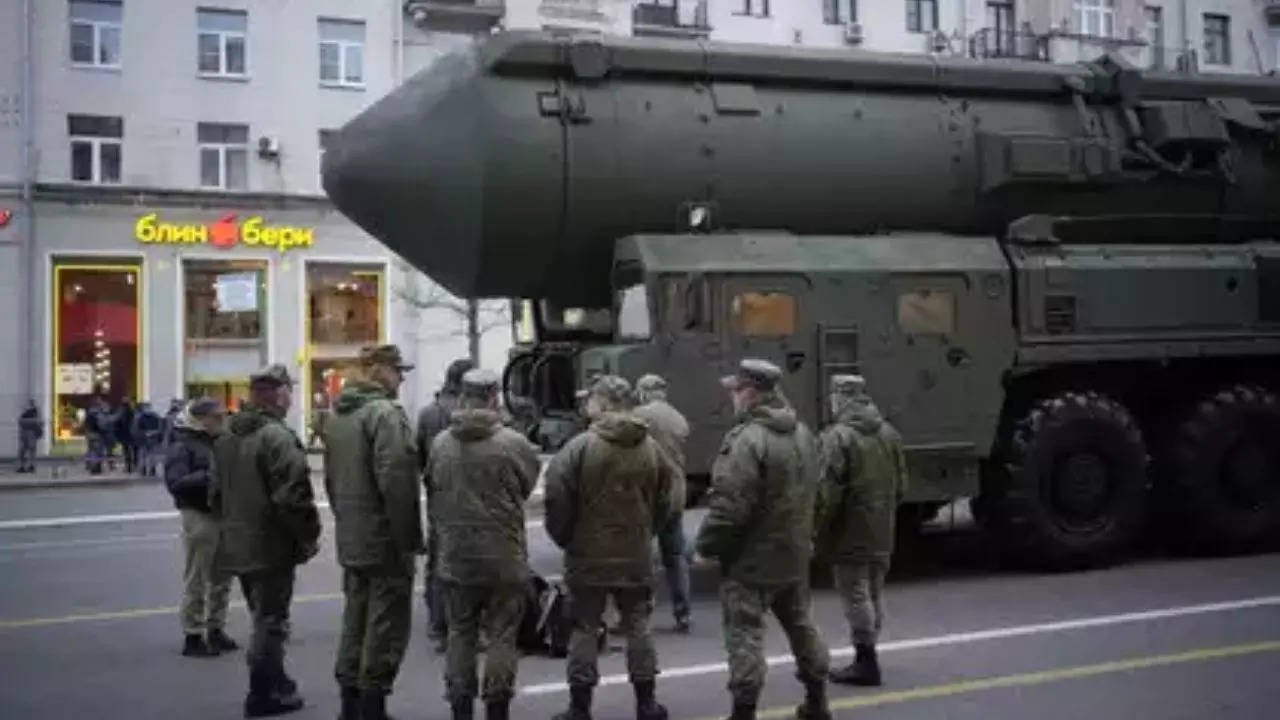
Posted in
JUST IN
Ukraine’s Nuclear Disarmament: Vulnerabilities Exposed in Russia Conflict Despite Budapest Security Guarantees
In Trend

“India’s car sales drop by 10% in August, signaling economic slowdown”









